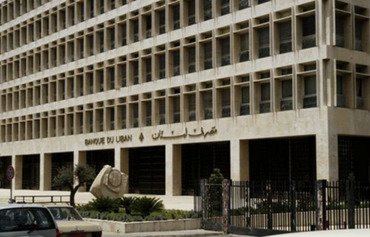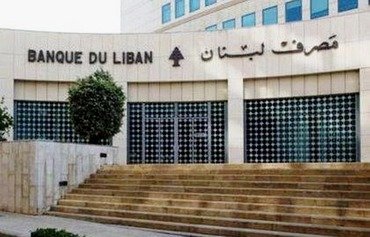Under new sanctions against Iran and Hizbullah that went into force early this month, all countries, entities or foreign companies will be barred from entering US markets if they purchase Iranian oil or deal with Iranian banks.
The sanctions announced by the US Treasury designate 50 Iranian banks and their foreign and domestic subsidiaries and 400 other targets, including more than 200 persons and vessels in Iran’s shipping and energy sectors, and an Iranian airline and more than 65 of its aircraft.
In announcing the sanctions, the Treasury said those who engage in certain transactions with the designated entities and individuals may themselves be exposed to enforcement action, designation or blocking sanctions.
Furthermore, unless an exception applies, any foreign financial institution that knowingly facilitates a significant transaction for any of the designated entities or persons could be subject to US sanctions.
Although the volume of trade between Lebanon and Iran is low, the presence of Hizbullah, which is itself under US sanctions, presents Lebanese banks with new challenges in terms of complying with the laws and avoiding sanctions.
According to the Lebanese Ministry of Finance, there are no direct repercussions on Lebanon from the sanctions imposed on Iran, because the country's banking and financial system is in compliance with international regulations.
"Banks have a mechanism in place to comply with all international standards, regardless of the sanctions on Iran," said Byblos Bank Group chief economist Nassib Ghobril told Al-Mashareq.
They are committed to combating money laundering and the financing of terrorism, the standards set by the Foreign Account Tax Compliance Act, the law passed by parliament on the exchange of tax information, and the Basel standards on liquidity and solvency requirements, he said.
Lebanese banks have extensive experience in complying with international standards, and continue to co-operate with the Central Bank of Lebanon.
"We have the required mechanism for compliance," he added.
Compliance with Central Bank
Former Prime Minister Fouad Siniora told Al-Mashareq he is confident that Lebanese banks "are in compliance with international rules and standards".
He expressed concern over the repercussions of the sanctions, however, saying the economy is integrated, and pressure on one facet may affect other facets.
Lebanese banks will need to take no additional measures, as they are already protected by virtue of their "adherence to the Central Bank’s instructions", said Union of Arab Banks secretary general Wissam Fattouh.
The banks already have implemented the Central Bank's instructions, he said, and will not have any problem dealing with the new sanctions for that reason.
"The Central Bank of Lebanon draws up the strategy of the banking sector," economist Jassim Ajaka told Al-Mashareq.
From the outset, its governor "has followed a strategy based on integrating the Lebanese banking sector into the international financial sector and adhering to international financial standards and laws", he said.
For years, Lebanese banks have been committed to implementing sanctions, and international auditors can attest to that, he added.
The annual volume of trade exchange between Lebanon and Iran does not exceed $3 million, he said, "which is a negligible amount as trade exchanges between countries go".
"Additionally, when the World Bank examined the remittances of Lebanese expatriates, said remittances from expatriates in Iran are close to zero," he said.
This indicates there will be few repercussions from the sanctions on banks on the Lebanese economy, he said, as there are few commercial or financial dealings with Iran.
Hizbullah-linked accounts closed
"Lebanese banks have experience with previous sanctions on Iran, and they have a good record of compliance with international standards, which [has] limited the repercussions," said Antoine Farah, economic editor at al-Joumhouriya newspaper.
Official dealings between Lebanon and Iran are limited, but it is Hizbullah's association with Iran that increases the threat of repercussions from the new sanctions on Iran, he told Al-Mashareq.
The sanctions’ stated objective is to curb Iran's influence in the region, and Hizbullah is one of its arms, he said.
"Banks used to close the accounts of [Hizbullah] politicians in compliance with previous sanctions, while today they close any account whose owner is suspected of dealing with the party," Farah said.
There is an article in the sanctions that does not allow a stated lack of knowledge about a customer’s association with Hizbullah to be used as an excuse, he added.

![Lebanon's Central Bank governs the country's banks and ensures they adhere to international financial standards. [Junaid Salman/Al-Mashareq]](/cnmi_am/images/2018/11/27/15453-Lebanon-central-bank-600_384.jpg)






